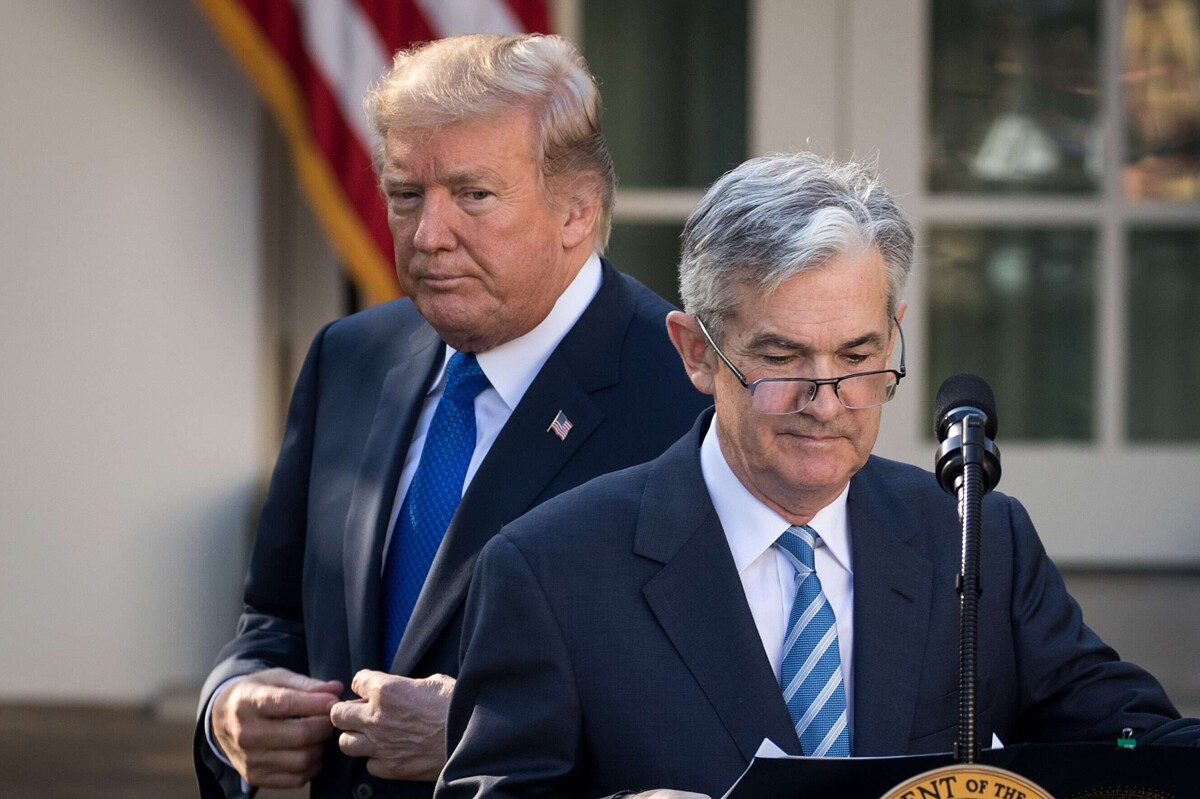
In mid-April, Donald Trump unleashed fear by expressing on social media his desire to immediately fire Federal Reserve (Fed) Chairman Jerome Powell, which caused significant concern in financial markets. In subsequent statements from the Oval Office, Trump claimed that if he wants Powell gone, it will happen without delay.
Amid these events, Trump defended his mass deportation policy of undocumented immigrants and criticized court rulings that demanded due process before deporting these individuals. When questioned about whether he should respect the Constitution, Trump responded with a terse "I don't know."
High advisors, like Treasury Secretary Scott Bessent, have privately urged the president to reassure financial markets by making it clear that he does not plan to remove Powell. However, Trump stated in a recorded interview that Powell does not want to lower interest rates because he does not sympathize with him. Concern over a possible recession is increasing, although government data from early May showed solid job growth.
Regarding the Fed and interest rates, Trump again criticized Powell and defended his economic and tariff policies during his first hundred days in office at a rally in Detroit. He also mentioned the possibility of tariffs becoming permanent, arguing that this could encourage companies to move their operations to the United States.
Despite ongoing criticism of Powell, Trump assured in a recent interview that he has no plans to dismiss him, citing possible Republican successors. He also dismissed the idea of running for a third term despite the fact that this is prohibited by the Constitution. Powell's presidency at the Fed ends in May 2026, and officials are expected to keep rates stable at their next meeting in Washington.












